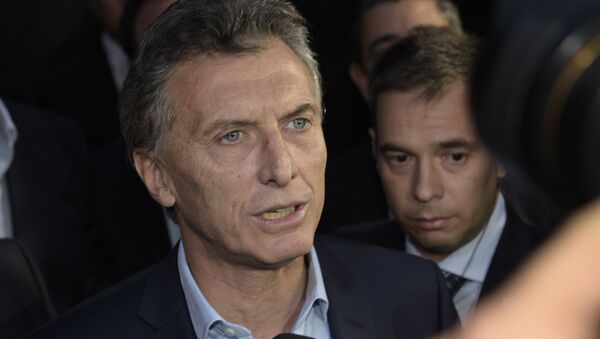"I do not exclude that eventually they may be validated, but it would be reasonable to review them as we are spending money to commit to a specific technology for decades," said Apud.
He added that Macri's government, which will take office on December 10, does not doubt Chinese and Russian technology, rather his country may have questions regarding long-term Argentine nuclear-power development.
According to Apud, "a serious country" first defines what technology makes the best fit for its needs, and then invites "all the countries of the world" to transparently "present their proposals," including environmental, financial and technological elements, as well as detailing how a locally-based workforce will be implemented.
"Why are we going to commit to Chinese, Russian or other technology without investigating other options, without providing other countries with the possibility to compete or to become suppliers of technology, equipment and funding for our country?" Apud asked. He added that the Russian-Argentine 637-megawatt hydroelectric plant Chihuido I, to be built in western Argentina, does not apply because in December 2014 the Russian company Inter RAO and a consortium of Argentine construction companies won a tender.
On Sunday, Macri won a run-off presidential election, receiving 51.5 percent of the popular vote, despite losing the first round of elections to former vice president Daniel Scioli.
Macri, a prominent opposition member and mayor of Buenos Aires, won the vote and ended a 12-year rule by the Peronist party. He will replace Cristina Kirchner, who has ruled the country since 2007.


